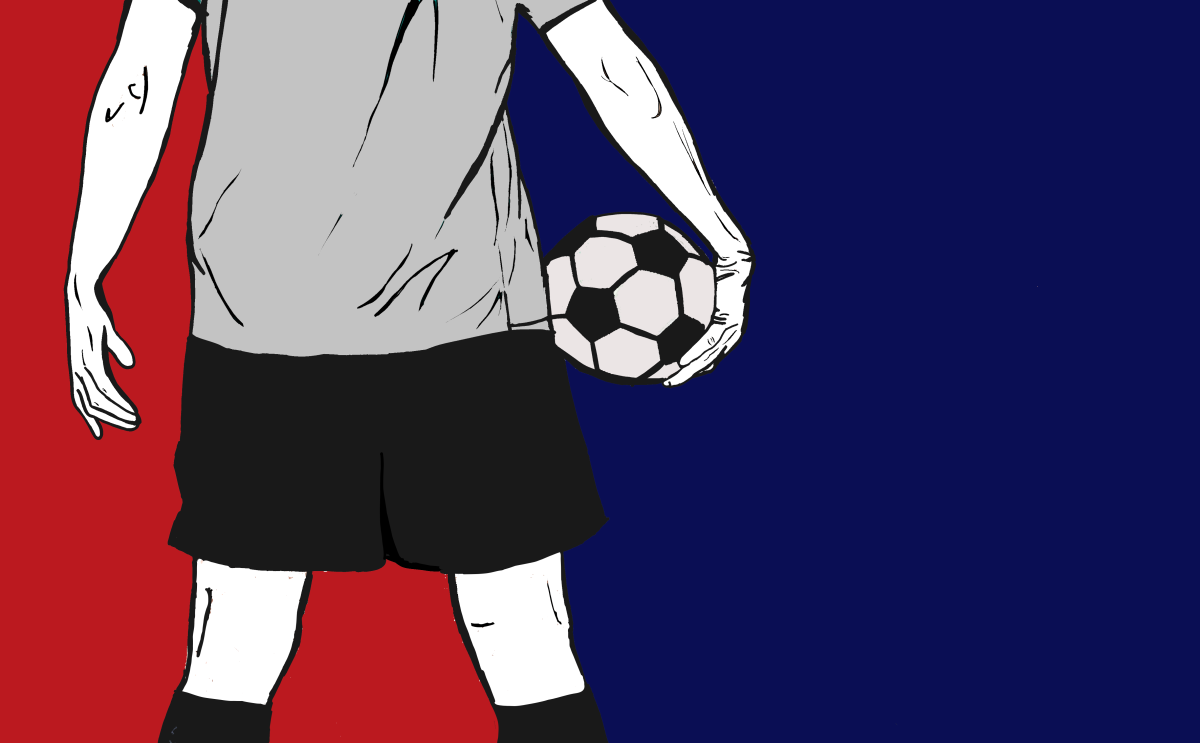A rebirth of the beautiful game of soccer
Though the 2020 UEFA Champions League will not soon be forgotten for the unique circumstances under which it was played, the 2020 campaign will primarily be remembered as the year an era-defining team changed the way we play soccer.
Midway through the Round of 16 in early March, COVID-19 struck Europe and brought the competition to a grinding halt. The first leg of the Champions League Round of 16 match between Atalanta B.C. and Valencia CF, in which over 40,000 fans attended, was dubbed a “biological bomb” that led to the mass outbreak of COVID-19 in the town of Bergamo, Italy. The competition was then postponed indefinitely, and fans were told that they wouldn’t be allowed to attend matches in person for the foreseeable future.
The tournament was only allowed to resume five months later, in August. To minimize the chance of disease transmission, all of the remaining fixtures would be played without fans in two stadiums in a knockout-style tournament in Lisbon, Portugal. This year’s competition would certainly look different, but that didn’t matter. At last, soccer was back, and the remaining matches of the season were more highly anticipated than ever before.
FC Bayern Munich, the German machine that had just won its eighth consecutive domestic league title, was set to face Lionel Messi’s FC Barcelona, who have been titans both domestically and in Europe for as long as anyone can remember. The teams looked evenly matched and neither were largely favored by the bookies.When game day finally came, Bayern Munich shocked the world. They annihilated Barcelona 8-2.
The soccer world was in a state of disbelief. Never before had a team with so many star players and such a legacy been defeated so completely in this stage of a major European competition. Barcelona was set ablaze. This result sparked protests against the Barcelona administration and a call for the mass exodus of FC Barcelona superstars like Luis Suárez, Gerard Piqué and nearly every other player in the squad.
Yet somehow, the 11 players that Bayern Munich started against Barcelona cost them a mere €100 million($119,422,000 million). To put that into perspective, Philippe Coutinho alone, a Barcelona player deemed unsuitable for the squad and promptly sent on loan to Bayern Munich for a negligible fee, cost Barcelona €160 million($191,138,400). Ironically enough, Coutinho scored two of Bayern’s eight goals against Barcelona in the quarterfinal. This team, which brought some of the greatest players in the world to their knees, found itself in an unprecedented debacle.
Over the course of soccer’s history, many different styles of play have come in and out of popular use. Some of the most iconic styles, like the Brazilian “Ginga” and the Italian “Catenaccio,” were unprecedented when they were first used. Teams that utilized them enjoyed years of dominance. However, these styles’ weaknesses were eventually understood and teams that played with these styles were dismantled over time. For the past decade, the Spanish national team and, most famously, Barcelona employed a style of play called “Tiqui-taca,” which relies upon maintaining possession through a series of short and quick passes. Since 2009, Barcelona has achieved great success by religiously practicing the art of “Tiqui-taca.”
But Bayern Munich’s obliteration of Barcelona this year marked the definitive end of the “Tiqui-taca” era and ushered in a new age of soccer dominated by a strength and pace-based German game. Three out of the four managers in the Champions League’s semi-finals this year were German. Jürgen Klopp, manager of the English team Liverpool F.C., led his team to Champions League glory last year and, on his way, knocked the favorite Barcelona out of the competition. Though this new German style has not yet been named, we will surely see its rise continue in years to come and witness a new age in the history of this beautiful game.









































